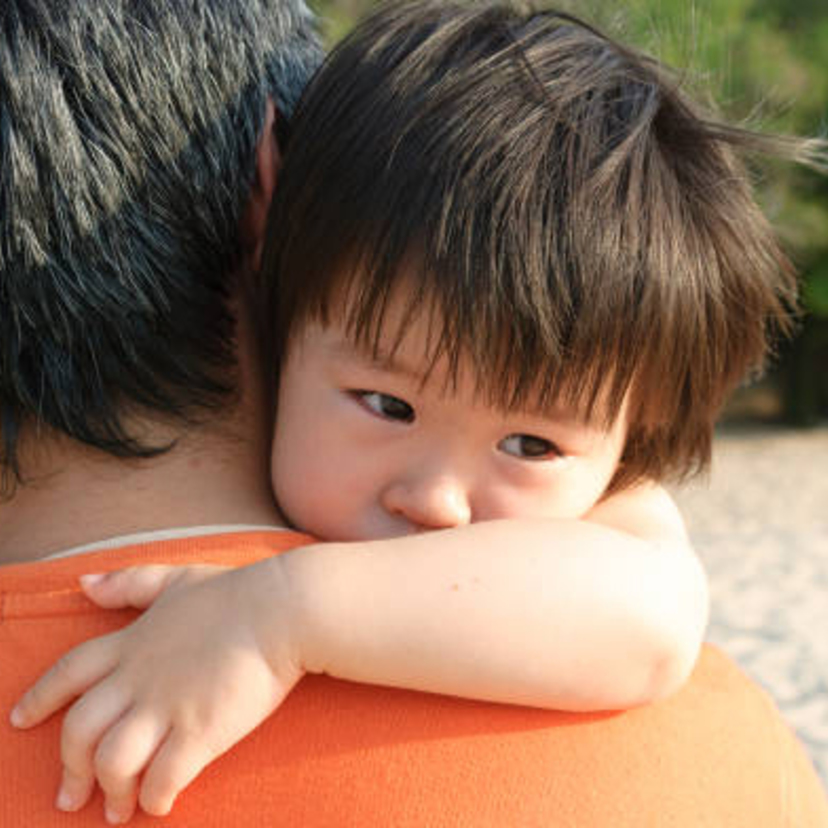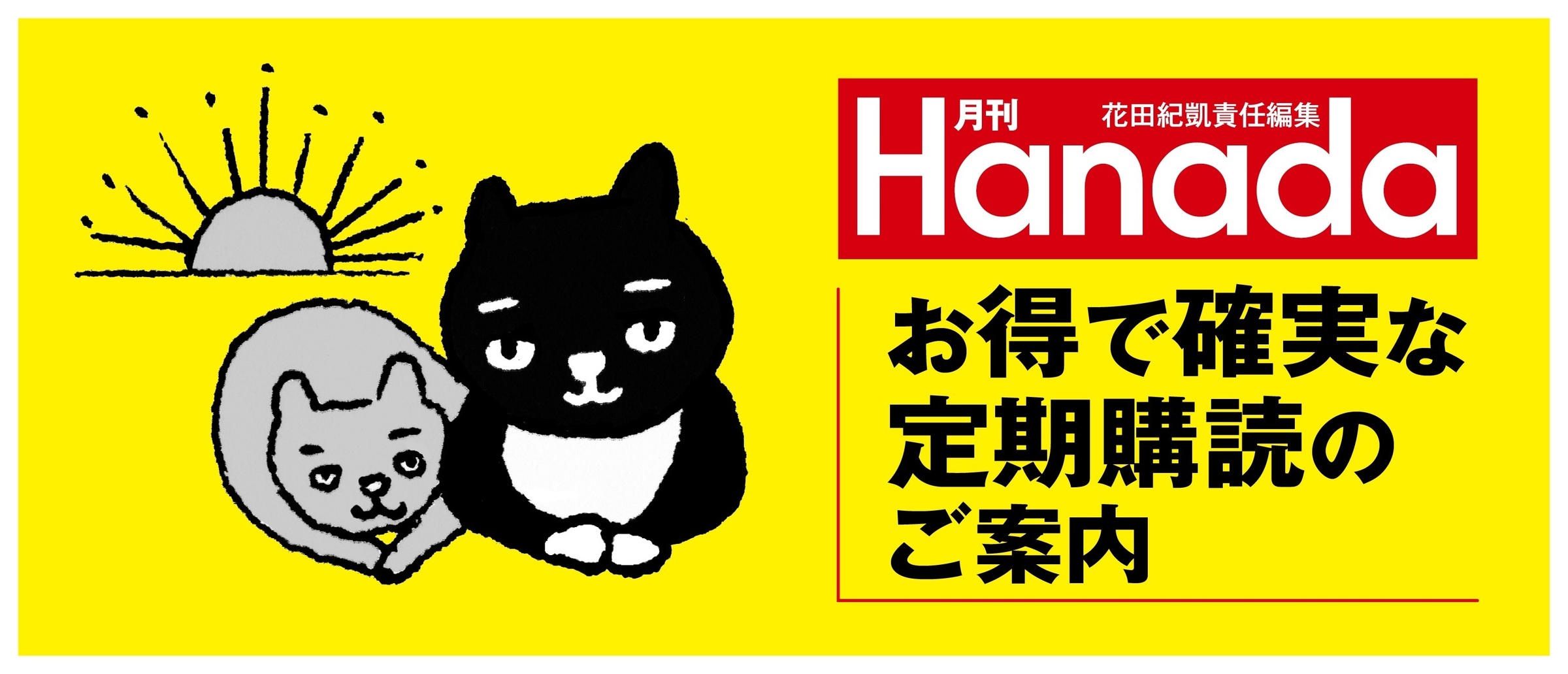The reason why "human rights sect" oppose
Why were they opposed to ratifying the Hague Convention? The reason is that the ratification of the Hague Convention could have had a huge impact on the domestic child abduction business, as Yoko Yoshida, one of the so-called human rights lawyers and a member of "Hague Cautious Association," reports in the newsletter of the Gender Equality Committee of the Japan Federation of Bar Associations “The ratification of the Hague Convention has a significant influence over the domestic cases of the separation with children."
In other words, it is logically impossible to ban international child abduction by adoption of the Hague Convention while also not banning domestic child abduction. So, it follows that the relevant domestic laws and the ruling of Japanese courts would naturally be changed in order to resolve this inconsistency. Then, these so-called human rights lawyers can no longer carry out their child abduction business in Japan. Due to this situation, they tried to resolve the inconsistency in a surprising way. In other words, instead of matching Japanese local rules with the world rules, they attempted to apply the Japanese rules to the rest of the world.
It was nearly 40 years after the Hague Convention came into effect in 1983, and more than 90 countries were already members of the Convention at the time when Japan joined them. Under this situation, Japan, a newcomer, tried to bring its own Japanese rules to the treaty. This is the opposite from how it should occur. After the ratification of the convention, groups opposed to the convention changed their strategy to approach the Komeito party, which had just joined in a coalition with the ruling party, and Soka Gakkai (a Japanese religious organization), which was behind the party, to water down the Hague Convention through legislating the Implementation Act. In addition, these so-called human rights lawyers never publicly said their real intentions for trying to water down the Hague Convention which is in order to maintain the domestic child abduction business. While they divulge the real intention in the newsletter of their associations, they officially pretended as if they opposed ratifying the Convention in order to protect the victims of domestic violence.
According to a report by “Red Flag (Akahata)” (a newspaper produced by the Japan Communist Party) on June 13, 2013, Yoko Yoshida also said at the House of Councilors Legal Committee, “Even if a mother returns from a foreign country with her child to escape domestic violence, the child will be returned to the country of original habitual residence. That’s my concern."
Their strategy worked successfully. And it is Shibaike who, like an evangelist, instigates Japanese parents to keep abducting their children internationally by explaining to them the loophole of the Hague Convention under the support of the Ministry of Foreign Affairs. Looking at Shibaike's profile, we can see that he is a director of NPO Human Rights Now. He seems to have been working on various human rights issues both inside and outside Japan as a secretariat staff member since the establishment of this NPO. This NPO is led by lawyer Kazuko Ito, who continued to assert her opposition to ratification of the Hague Convention through NHK (Japan Broadcast Public Corporation) and others. If the Shibaike, who worked under her, was entrusted with the Hague Convention Seminar, it would be natural to conclude that it would be a Hague Convention Loophole Seminar.
Ministry of Foreign Affairs as guardian of “Human Rights Sect”
What is strange is the Ministry of Foreign Affairs' reply at the time of the Legal Committee, where the above seminar was mentioned. Osamu Yamanaka, the Counselor of the Ministry of Foreign Affairs, clearly said that the purposes of this seminar was, "to promote correct understanding of many people about the issue of child removal and prevent child removal." Nonetheless, he proudly said "we, as host of this seminar, expect that these purposes have been achieved."
As the May edition HANADA article mentioned earlier described, the image of Japan as a child abduction nation is becoming more and more established among the international community. Under such circumstances, the statement of the Ministry of Foreign Affairs in the Diet to praise the seminar which taught the loopholes in the Hague Convention and the way to abduct children officially has developed into a serious diplomatic issue with not only France, which was humiliated by Japanese holding such a seminar there, but also the whole international community.
Why is the Ministry of Foreign Affairs defending Shibaike so strongly, despite the risk of it resulting in a serious diplomatic issue? If you look at Shibaike's homepage, you can understand the extraordinary relationship between him and the Ministry of Foreign Affairs. In addition to serving as an official lawyer in charge of telephone consultation (the Hague Convention matters / Pilot Project matters) regarding child removal cases of the Ministry of Foreign Affairs, Shibaike also serves as a lecturer of the Hague Convention Seminar hosted by the Embassy of Japan in the United Kingdom in 2014 prior to the seminar in France. In Japan as well, from 2016 to 2017, he held a total of six lecturers of the Hague Convention Seminar hosted by the Ministry of Foreign Affairs.
And it seems unlikely that the Ministry of Foreign Affairs did not realise that the content of such lectures promoted child abduction. In fact, even at the seminar in France, the consul general also attended the event and praised Shibaike as an expert on this subject. I can't help thinking that Shibaike and the Ministry of Foreign Affairs have worked together closely to hold the Child Abduction Solicitation seminar in Japan and overseas.



